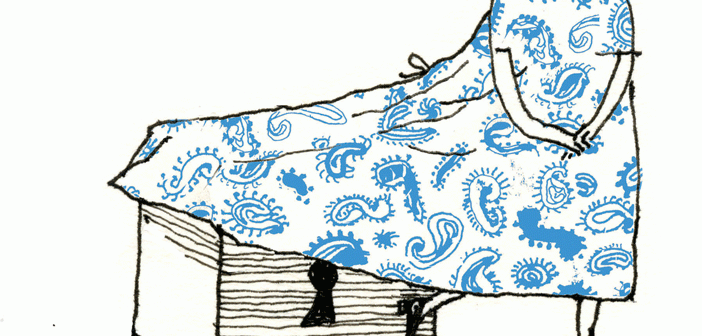A patient’s honesty has to be earned.
It was nearing the end of our visit, the rhythm of which had gone through its normal tones: concerns, goals, how her family was doing, and so on. Nothing out of the ordinary, yet the unexpected always seems to arrive when you least anticipate it. I sent my patient’s prescription to the pharmacy and asked if she had any other questions. Small tears formed in her eyes. “Did I say something to upset you?” I said, worried I had made a critical error. “Not at all,” she replied as she wiped the tears away with the back of her hand. “It’s just that there is something that I have kept from my doctors all these years.”
I looked at her now-reddened face. “Whatever it is, it is OK,” I said. “I promise you are safe to share it here.”
The notion of honesty in history taking is essential, yet we don’t always consider the inherent vulnerability in this. When our patients seek our service, we ask abundant questions, many of them extremely personal. As a provider, I hope or even expect that the answers are truthful in order to make the right assessment and provide the best plan for their care. Regardless of advances in diagnostic testing, we often hear wise attendings say “history, history, history,” and they are right. Yet we rarely discuss what we are truly asking of our patients.
In daily practice we bear witness to patients’ more apparent “barriers to care”: access, insurance, socioeconomics, health disparities based on race, gender, sexual orientation, etc. Many of these are inherent, and hurdles such as financial limitations are often beyond our patients’ immediate ability to change. However, just as important to consider are internal barriers within us all—and I say “us” because we are all patients at some point— that keep us from telling our true narrative. Maybe this is for fear that a concern will come true, maybe it is from shame or embarrassment, maybe we hesitate due to past judgments from health care providers … the list could go on. These experiences, like cobwebs hanging over an attic window, make it hard to see the correct view in both directions. To truly empower patients, there has to be space for an honest narrative, and we have to be able to hold this information gently and purposefully.
That morning in my clinic, I did not have the slightest clue as to what was causing my patient’s distress. “When we were talking about my medication list earlier, there was something missing that I have never told my doctors. … I was worried it would change how they treated me and I have been embarrassed,” she said. “But I think now that it is important for you to know. I have been on treatment for addiction for years. I never told doctors because I worry they will not think I am a fit mother, and they will think of me differently as a person.” The tears streamed down her face.
I gave the moment a few seconds of silence. “Thank you for telling me,” I said. “I can understand your fears, but if anything, I think you are a strong woman for recognizing what you need, for making a change, and for staying clean not only for yourself but for your family. If anything, I think that you are a stronger mother and woman because of this.”
“You think so?” she said. “I meant every word,” I said.
To help our patients, we need and hope for honesty, and yet often, for various reasons, that honesty is not always there. Sometimes the real story comes out later; sometimes it is years later or never at all. It might be that the information held was inconsequential after all. But sometimes the information withheld would change an entire management plan, sometimes it would change everything, or sometimes in sharing, our own reactions might change the way our patients are able to perceive themselves. And that, in and of itself, can be just as powerful.




